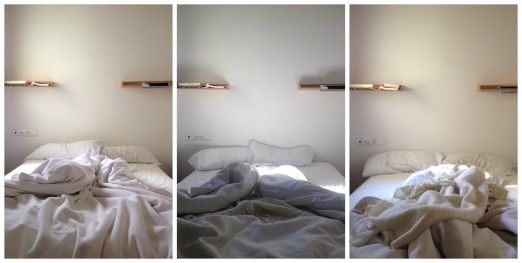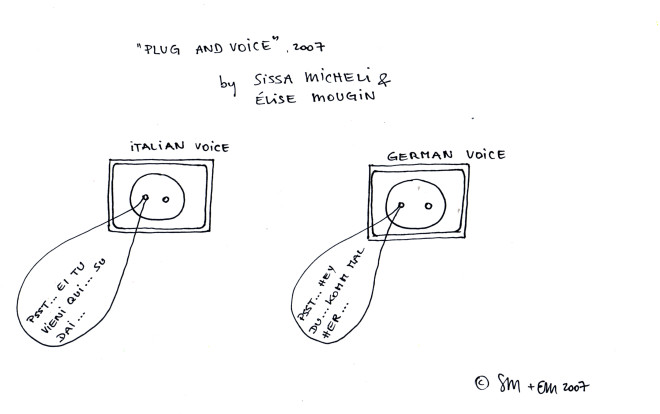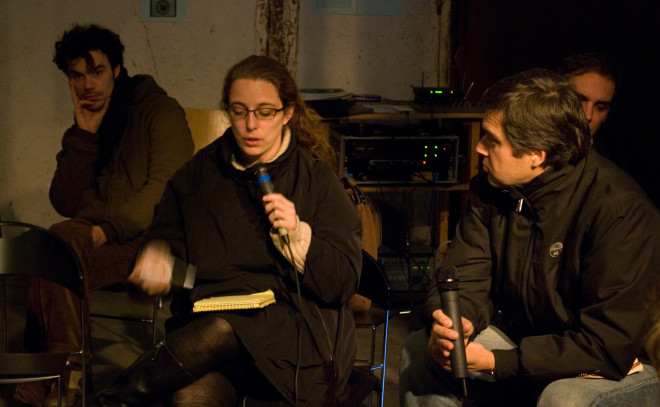DIFFERENCE AS POTENTIAL – 7.10.2019 – 7 pm – OMAR KASMANI + ANNA FEDELE
7.10.2019
7 pm
OMAR KASMANI
Thin Attachments: Writing Berlin in Scenes of Daily Loves
with: Omar Kasmani e Anna Fedele
Location: Lungomare
In collaboration with EVAA, Association of South Tyrol anthropologists

THIN ATTACHMENTS: READING BERLIN
This writing project brings personal memoir to bear on an affectivegeography of Berlin. It is a constellation of non-linear fragments, written in the third-person masculine form. Across Scenes of Daily Loves, the city’s queers and Sufis, saints and strangers, lovers and research-partners cross paths at work, in cafes, at mosques, online, and in bed. Queer, migrant, and the religious are figures that appear and reappear in this geography through daily routines and habits, private rituals of be/longing and scenes of public intimacy. The narration of the intimate and the private becomes a way to think of an urban full of ghosts, dreams, memories, imaginations and anxieties – a city so porous that its boundaries can never be sharply drawn.
Omar Kasmani – born and raised in Karachi, Pakistan – is a cultural anthropologist and ex-architect homed in Berlin. He is currently a post-doctoral fellow at Affective Societies, a collaborative research centre at Freie Universität, Berlin. His work pursues ideas of post-migrant be/longing, queer futurities and public intimacy – a research practice that is best read across the study of religion, queer worldings and affect theory. He has co-edited the book Muslim Matter (Revolver Publishing 2016) and is currently working on his first monograph on saintly intimacy and unstraight futures set in a pilgrimage town in Pakistan.
Anna Fedele – is an anthropologist and sociologist from Bolzano whose research focuses on the intersections of gender, religion and corporeality. She is currently a Senior Researcher at the Lisbon University Institute in Portugal. Her monograph “Looking for Mary Magdalene” (Oxford University Press, 2013) has received the Award for Excellence of the American Academy of Religion. Anna is a member of the board of EVAA and more recently her research has focused on pilgrimages in the Alps. She is the co-editor of the Routledge book series “Gendering the Study of Religion in the Social Sciences”.
What´s on
EXHIBITION :: Binta Diaw :: Collective Practices – A Living Experience of Feeling ListenedAbout Lungomare
Lungomare, a cultural association founded in Bolzano in 2003, was created from the desire and necessity to open a space in which to share differences, experiences, opinions and desires, a space in which to make the link between cultural production and the political and social dimension. Lungomare undertakes projects that investigate and test possible relationships between design, architecture, urban planning, art and theory, the results of which are presented in different formats: public discussions, conferences, publications, exhibitions and interventions in public spaces. All these formats are characterised by the intention to interact with cultural and socio-political processes relating to the region in which Lungomare is located.
Currently Lungomare’s activities focus on long-term residency projects, a format whereby Lungomare invites guests to engage and interact within the context of South Tyrol. Lungomare’s activities are based on three principles: specific attention to the context in which the association’s projects are undertaken, the transdisciplinary approach that distinguishes these projects, and reflection on the role of Lungomare as a cultural institution in connection with the region in which it operates.
Territory
Lungomare is located at the edge of Bolzano, the capital of South Tyrol, and relates to the context in which it operates, attempting to highlight the dynamics of change. Large urbanized areas alternate with broad areas of intensive cultivation and yet others of picturesque landscape, all of which penetrate the centre of the city. The city is surrounded by mountains and this is one of the reasons why the tourism industry has become a driving force in this locality. The demographic structure of the city has been characterized for a long time by the coexistence of two populations, those speaking German and those speaking Italian. However, the social and demographic composition of Alto Adige Südtirol is changing. Migrants, including those from non-European countries are making their way to the area to settle, whilst others, including political refugees, are flowing through the region.



